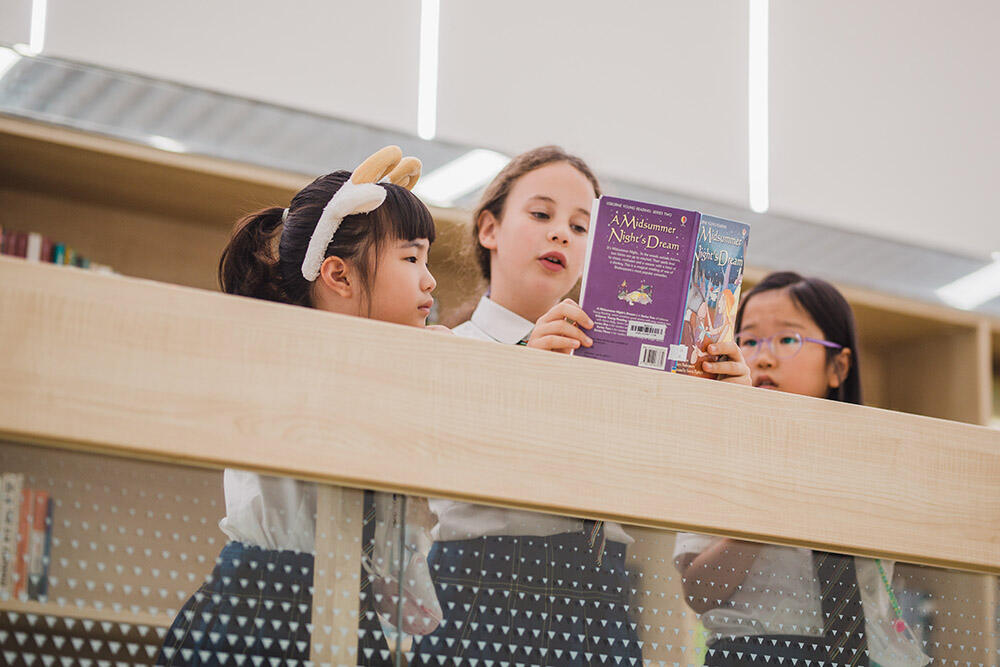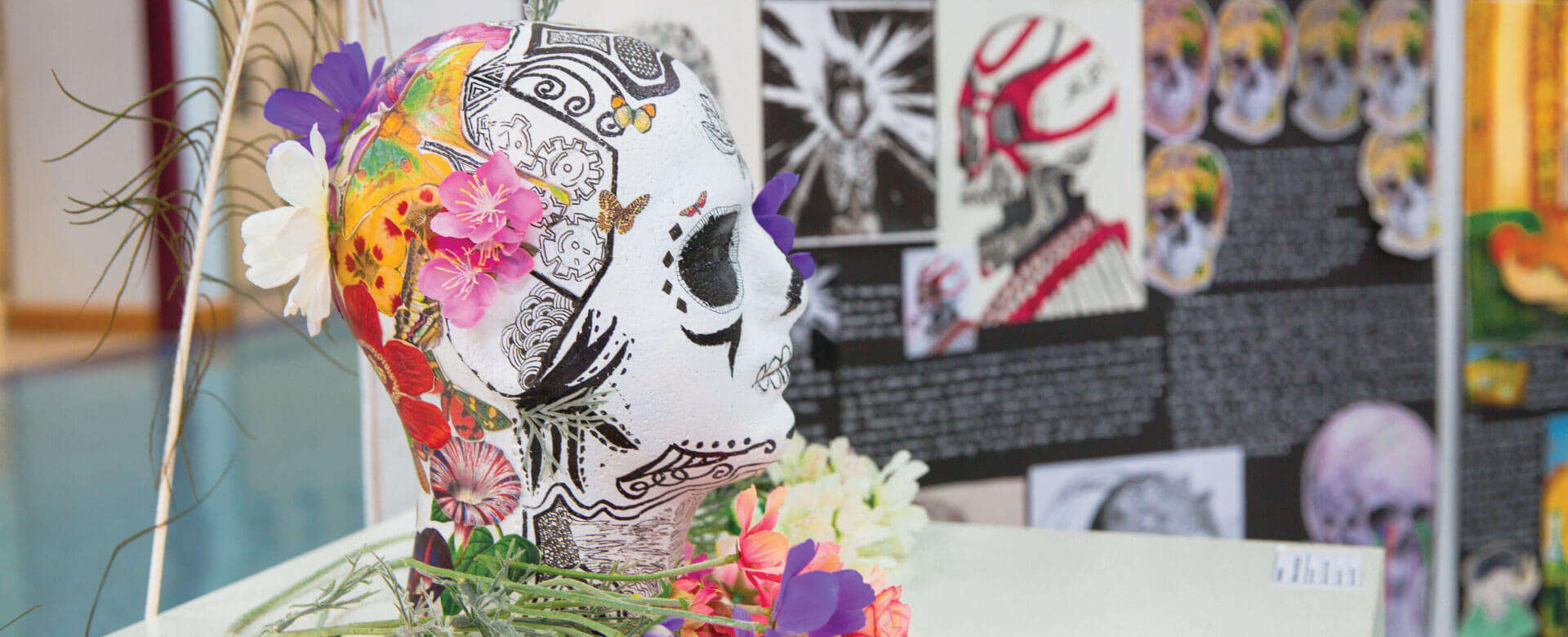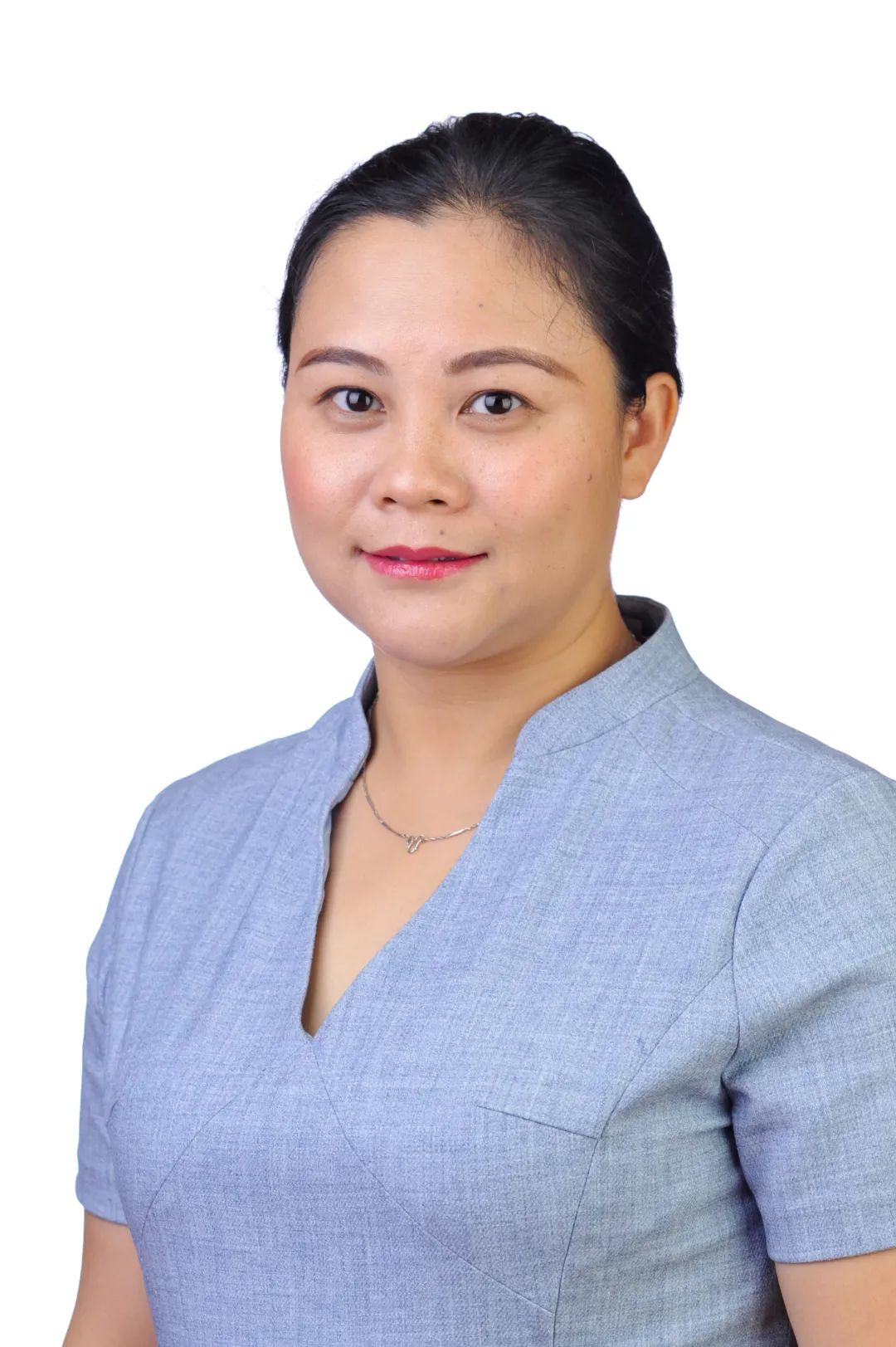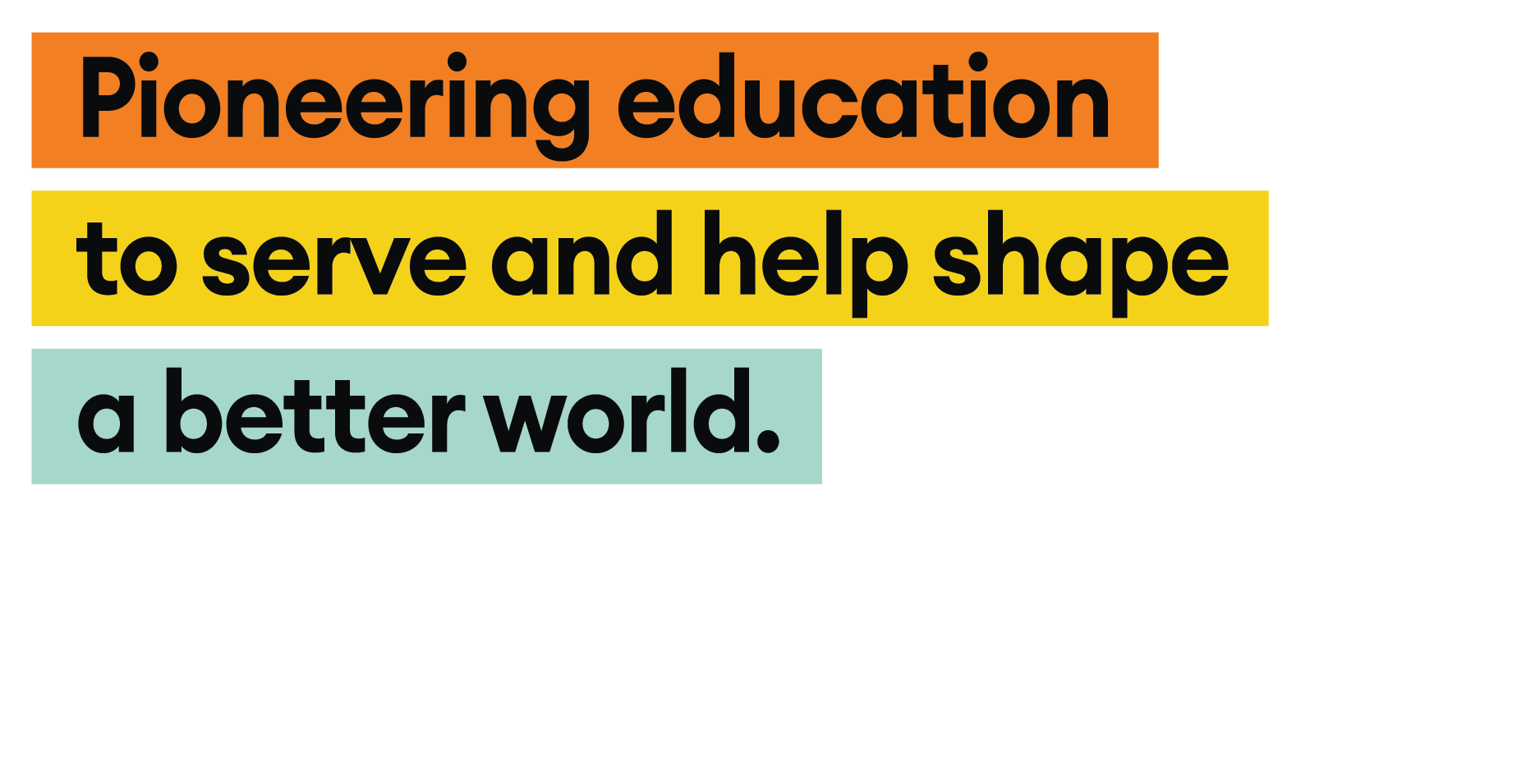Education insight | How do children learn mathematics?
Suisui Yu
Director of Academics (Chinese)
Wellington College Education (China)
To understand how children learn mathematics, it is helpful to think of mathematics as the language of number, shape, space, measure, and reasoning. Children learn mathematics, as they would learn a language, which is a process of moving from the concrete to the abstract. To better understand this process, let us recall how children learn the word 'apple' first.
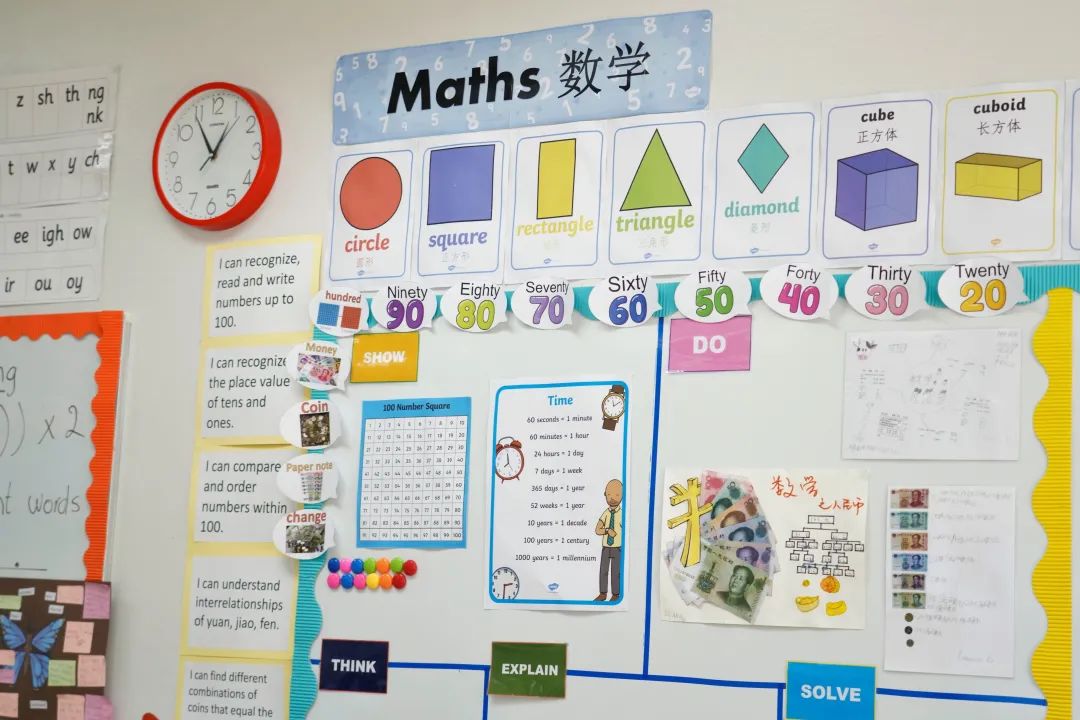
Initially, your children hear the word 'apple' when they are first fed an apple. The process of seeing the apple, touching the apple, tasting, and smelling the apple is repeated. These experiences help to build up knowledge of the object - APPLE. Every time children hear word "apple", it helps them to connect the sound of the word apple, with the real, or concrete, apple. Eventually, the child will pick up an apple, hand it to you and say, "Apple". You realise they have learnt a new word. Later, they can find a picture of an apple from a pile of pictures. The apple in this picture may be a slightly different colour, or different size to the apple he/she eats every day, but each has the same shape as an apple. Up to now, your children have built up a basic idea of the word apple. Whether it is green apples, red apples, or yellow apples, they know all these concrete objects are called 'APPLE'. At this stage, children recognize the word 'apple' and can associate it with the colour and taste of apples. But remember, the word "apple" has nothing in common with an actual apple. It is a word that we have artificially prescribed. But the child connects the word firmly with the object, understands it, and is impressed by the word 'apple'.
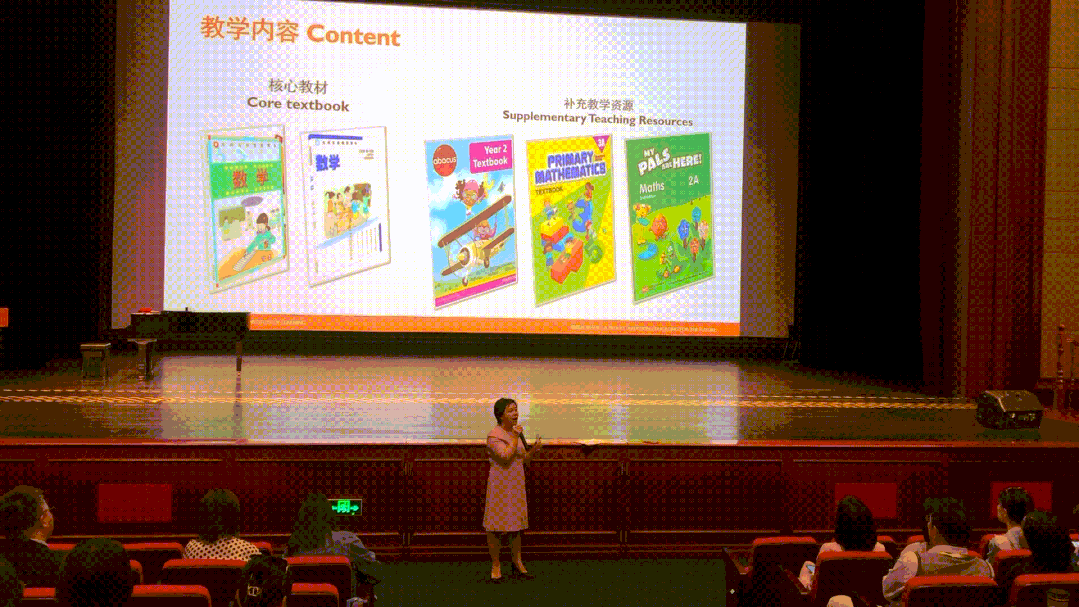
This transition from the concrete to the abstract is a necessary step in a child's learning process, and learning mathematics is no different. For example, in the case of the number 1, the child gradually moves from seeing one physical apple, one car or one toy to the knowledge of the number 1. On hearing the word 'one', the child can give you one apple, one book or one toy. At a later stage, he/she can recognise the number 11 which has two 1 digits. After learning place value, the child knows that the digit 1 in the tens place and the digit 1 in the units place represent completely different meanings. At this point, the connection between 1 and objects is no longer important, but the mathematical meaning of 1 is more important.
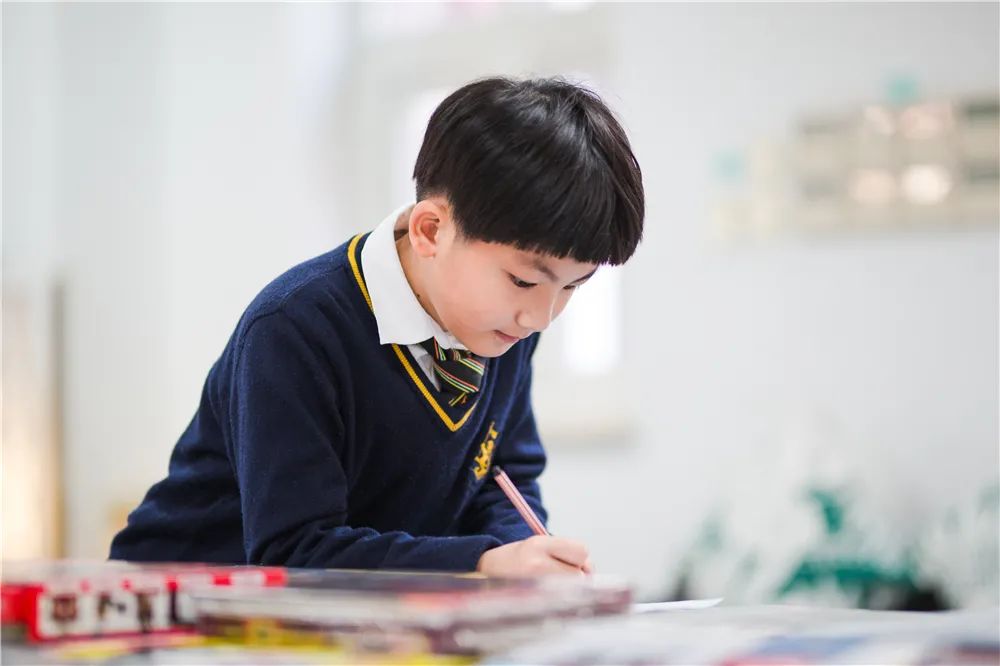
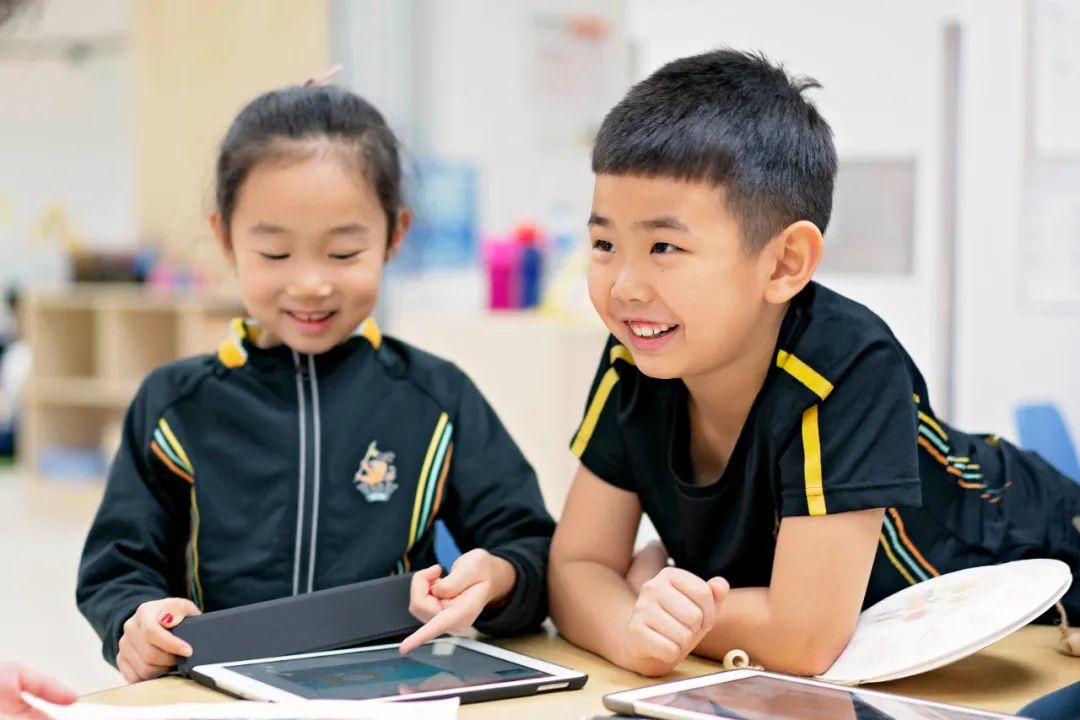
Mathematical abstraction is the ability to discard real or concrete objects in the real world, and extract the common, essential properties of them to obtain the object of mathematical study. In the process of teaching and learning in the early years of primary school (Grades 1-2 in particular), teachers need to continually allow students to experience the process of building up their mathematical thinking from concrete to abstract, allowing children to build up their own understanding by going through the process of experiencing objects, hearing words, seeing pictures and generalising corresponding written symbols. If you ignore this process of cognitive construction and try to force children to remember by doing thousands of mental calculation exercises repeatedly, they may be able to do the calculation exercise quickly in the short term, but later, when they enter a more abstract stage of mathematics learning, they can experience difficulties. You may still remember or have examples around you that someone who did very well in maths in primary school when mixed calculations were completed quickly. But in junior or senior school, maths is becoming too difficult. This person cannot understand work in the algebra unit. This is because the mechanical drills in primary school only help to remember the results of calculations and do not help developing deeper abstract thinking skills.

Jean Piaget (1896-1980), one of the most famous developmental psychologists of modern times, proposed four stages of cognitive development for children: the perceptual-motor stage (0-2 years), the preoperational stage (2-7 years), the concrete operational stage (7-11 years) and the formal operational stage (11-16 years). Children in the early years of primary school are in the process of moving from the preoperational stage to the concrete operational stage. At this stage, their thinking moves towards symbolic and logical. They can make simple logical deductions, overcome the egocentricity of their thinking, acquire the concept of conservation, and can think reversibly. However, children's thinking activities at this stage are still confined to concrete things and everyday experiences and lack abstraction. Piaget also argued that if students are given only verbal instruction and practical activities are neglected, then they do not grasp mathematical concepts and principles well, and do not build up the appropriate cognitive structures. In traditional mathematics classes, the teacher's method of doing calculations on the board while students do problems to imitate clearly does not help students to build their own cognition (Wang Weihua, 2000). Therefore, when teaching maths, we must carefully select and design activities that match children's cognitive characteristics and grasp their original cognitive range and build on it, so that children's cognitive range gradually expands. Pupils' understanding of mathematics is not just that they understand the teacher's intentions, but that they use their prior knowledge and experience to reinterpret and reconstruct the meaning of the content.
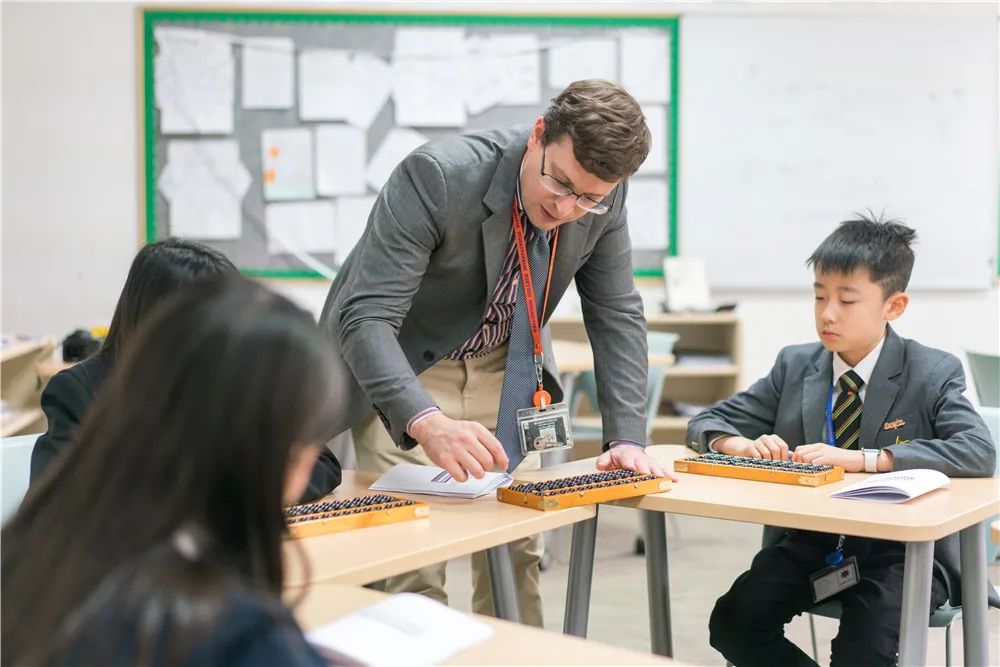
For example, when teaching about units of length, if children are introduced directly to abstract units of centimetres and metres, it is difficult for them to have any corresponding understanding. But instead, children can be asked to explore the outdoor environment, collect natural materials and use natural objects (branches, leaves, pinecones, etc.) to measure parts of the body, then compare and contrast their findings with each other. The following questions will be asked:
Mathematics
// How many leaves is the length of your arm?
//How many branches are needed to measure the length of your leg?
//Did you all get the same results?
//Why are the results not the same?
During this learning, the children not only understand the existence of units of length but can also explain the importance of standardised measurements. In this way, children have a very deep understanding of learning about length units and when they are introduced to the centimetre and metre units, they will easily transfer their knowledge from concrete natural objects to abstract length units, completing the process of building from concrete to abstract thinking.
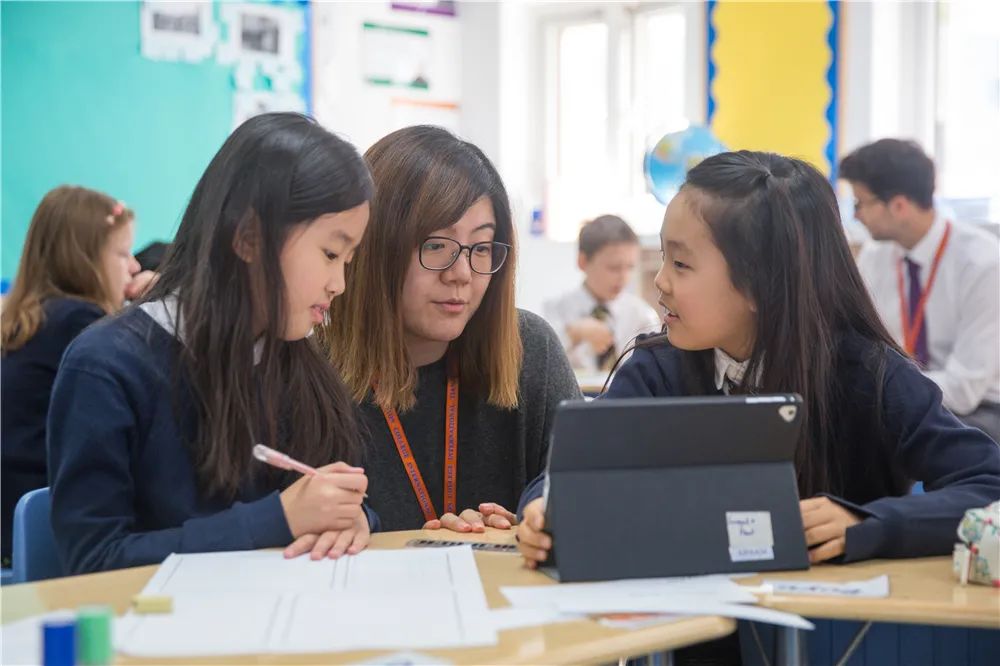
Mathematics comes from and is applied to real-life scenarios. Teachers should focus on establishing links between mathematics and other subjects so that students can understand the work of mathematics in the world and its interdisciplinary applications. In our real lives, mathematical understanding is applied in different ways. The ability to do this is developed through children having the opportunity to explore their own worlds and connect this world to developing mathematical understanding.
Related Articles


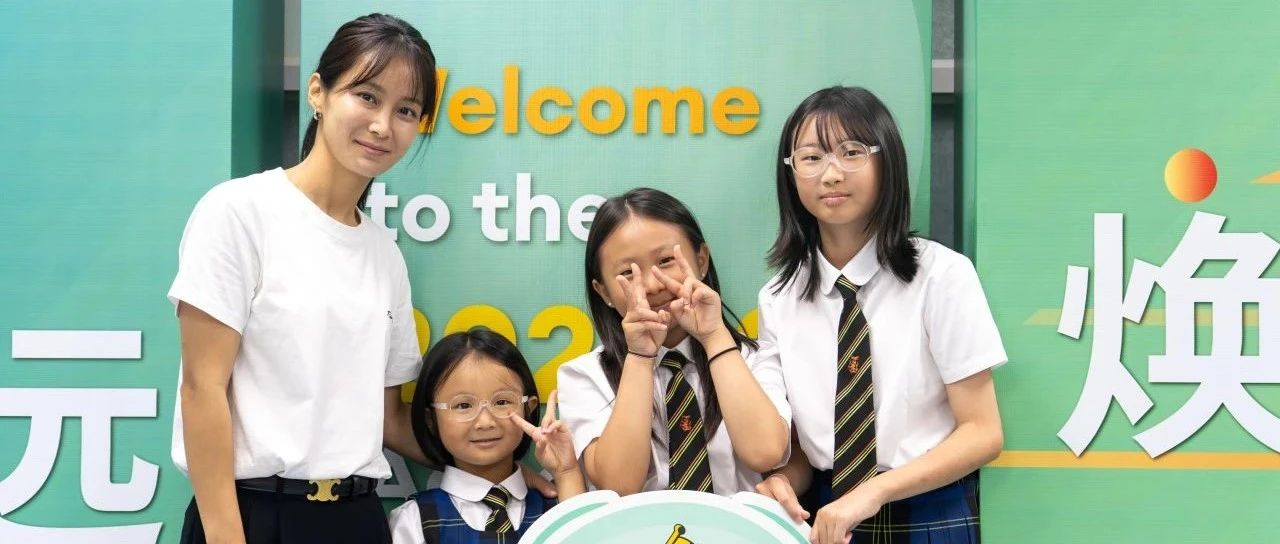






 Channel
Channel 
 Linkedin
Linkedin  Facebook
Facebook  Ins
Ins 

